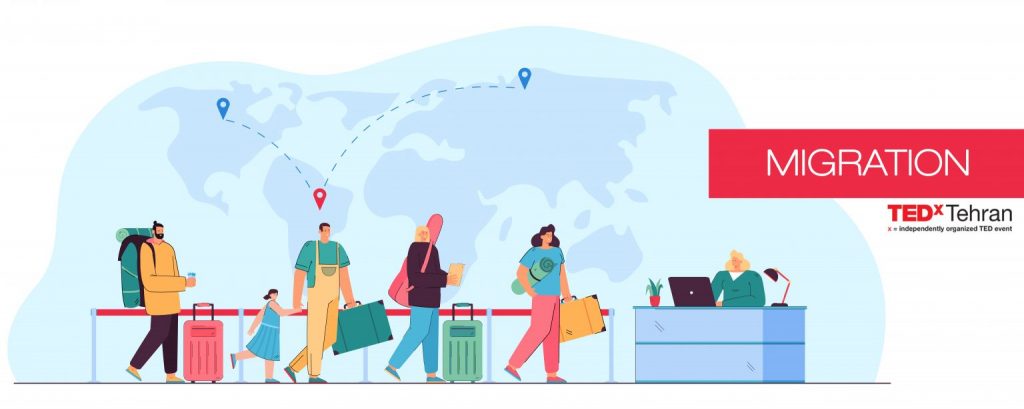
Migration is in definition a way to move from one place to another in order to live and work (Initial assumptions); Movement of people from their home to another city, state, or country for a job, shelter, or some other reasons.
But is that the only definition? Have you ever thought of migrating without the will to move? What is that called exactly?
Human migration is sparked by wars, disasters, and now climate, economy, political and social status, quality of life, and a promise to live like a top-tier resident.
Ever since the first days when Africans began to move from their hometowns, migration has been the first option for people with a minimum amount of dissatisfaction from their city or country.
Have you ever thought about whether you are a fit person to migrate? How does one even evaluate her/himself fit for the job?
If you think about the concept thoroughly, you might find migration not only as a physical act but a mental one as well.
Migration in the definition is the movement from one place to another, we are most familiar with it mainly because of the countless stories about our ancestors who migrated for different reasons. Centuries later, we are still witnessing the same phenomenon, sometimes for the same reasons as our ancestors, other times for more civil-related reasons. Escaping hardship, conflict, and persecution, seeking a better life, and changing environmental factors remain the most important reasons for people migrating. However, a new breed of migrants has made its appearance: Non-physical migration, the ones that migrate without moving physically. most of us face immigration without moving physically from one place to another. It can be astonishing but if we think about it better, we can find it in some aspects of our lives. For instance, we live in a traditional neighborhood, but we live like modern cities.
In order to answer this question, first, we need to clarify our goals and define our values. To achieve any goal, we surely have to think about the costs, so we have to consider what we might lose in the process and if it is aligned with our values or not? If we don’t consider it and get mesmerized by the beauty of our objective, later on, we find ourselves somewhere without identity and no sense of who we are anymore. We can’t go back to who we were before, because we are not the same, on the other hand, it’s hard to continue as we have lost parts of ourselves in the process.
Watch the first TEDxTehranStudio with the subject Migration via the link below. We have openly discussed the concept and are looking to hear your comments on them.
Written By: Asal Ghamari, Mina Haselian
Edited And Published By: Sepideh Lashkari